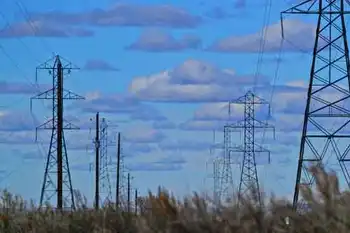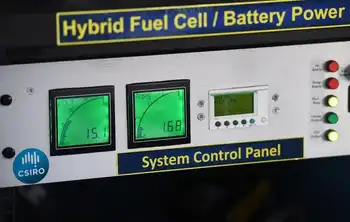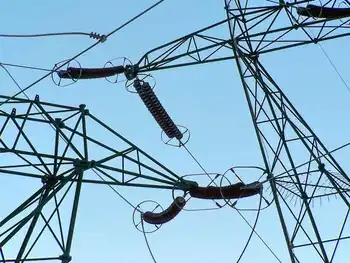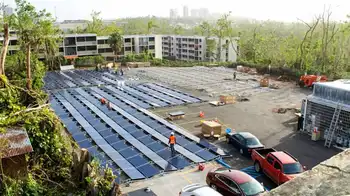ABB wins Yukon hydro project
MAYO RIVER, YUKON - ABB will supply mechanical, electrical, and automation equipment for Yukon Energy CorporationÂ’s Mayo B hydroelectric project, located on the Mayo River, in the Yukon, Canada.
Yukon Energy is undertaking the project to support the YukonÂ’s growing demand for electricity by enhancing existing hydro infrastructure to increase the power that can be generated at the site from the current five megawatts to 15 megawatts. Yukon Energy is planning for the future by ensuring there is a secure and continuous supply of clean, affordable energy, and the Mayo B project will support this.
ABB is executing the project as part of a strategic alliance with Chongqing Yunhe Hydropower Group, one of the worldÂ’s leading turbine suppliers in the small hydro market, who will be providing the turbines and generators.
ABB will be supplying the excitation system, governor system, and various mechanical and electrical auxiliaries for this equipment. In addition, ABB will be providing required site services to ensure the project is operational by the end of 2011.
“Small hydro will play an important role in the future of the power generation mix globally, and ABB’s strong offering in this market will be of great benefit to developers of small hydro projects like the one Yukon Energy is undertaking,” says Gary Shaw, vice president and general manager of Power Generation Canada for ABB.
Related News

Seven small UK energy suppliers must pay renewables fees or risk losing licence
LONDON - Seven small British energy suppliers owe a total of 34 million pounds ($43.74 million) in renewables fees and could face losing their supply licences if they cannot pay, energy regulator Ofgem reports.
Under Britain’s energy market rules, suppliers of energy must meet so-called renewables obligations and feed-in tariffs which are imposed on them by the government to help fund renewable power generation.
Several small energy companies have gone bust over the past two years as they struggled to pay the renewables fees and as their profits were affected by a price cap on the most commonly used tariffs and fluctuating…




